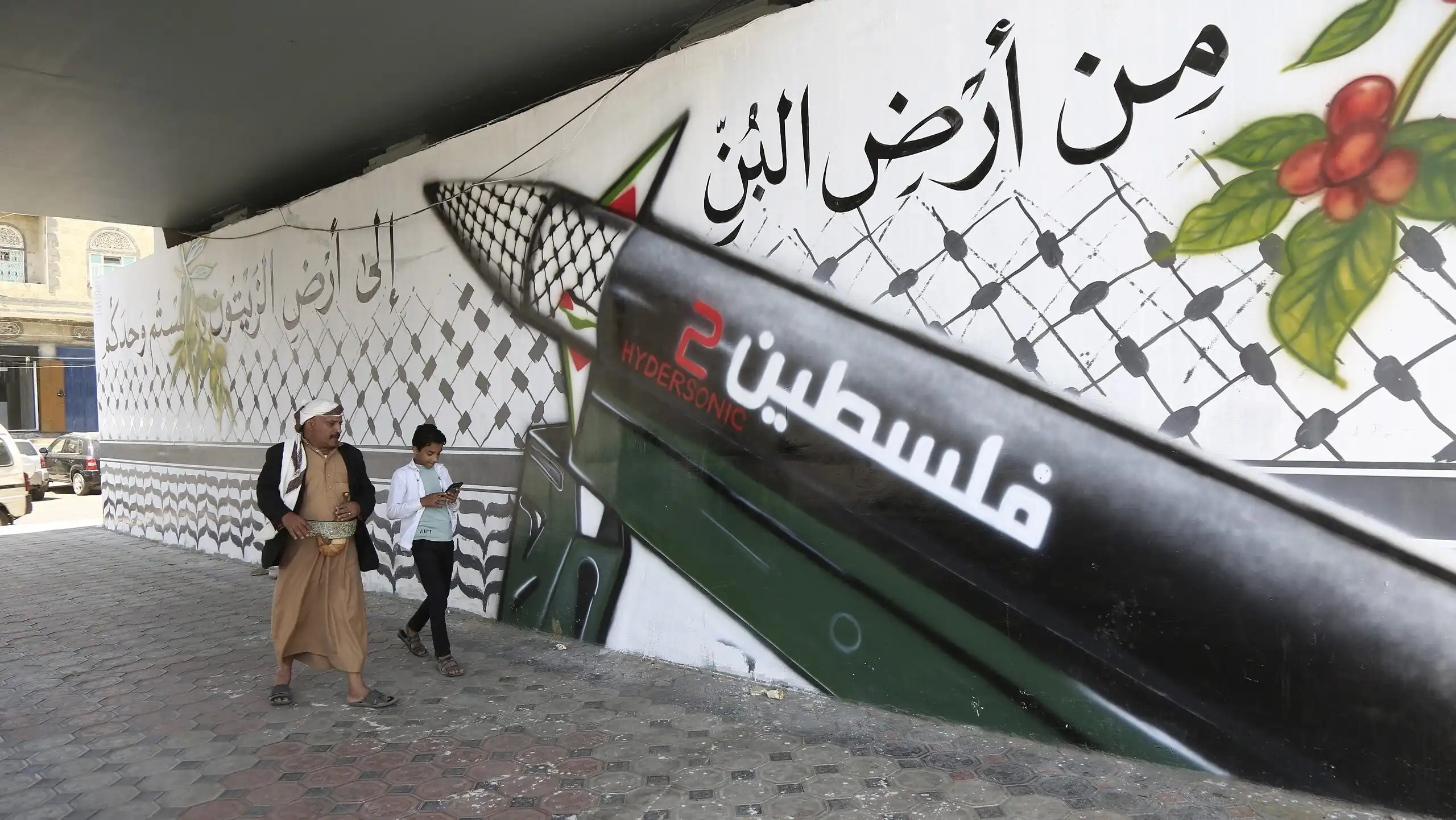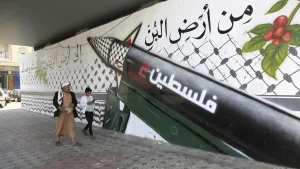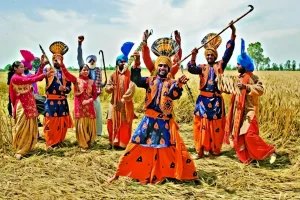Gunmen kill at least 28 in Indian-administered Kashmir.
On the afternoon of April 22, 2025, a peaceful tourist outing in the Baisaran meadow near Pahalgam turned into a horrifying nightmare. What was meant to be a day filled with scenic views, pony rides, and family picnics ended in bloodshed when heavily armed terrorists launched a brazen and brutal attack, killing at least 28 people and injuring over 20 more.
The assault, one of the deadliest in recent memory in the region of Jammu and Kashmir, has sent shockwaves across India and the world.
Video Credits To: https://www.youtube.com/@GreaterKashmirvideo
The Attack
According to witnesses, the gunmen, reportedly four to six in number, emerged from the thick surrounding forests at approximately 2:30 PM. Disguised initially as policemen, they approached groups of tourists under the pretence of checking identification. Moments later, they opened fire indiscriminately on the unsuspecting crowd.
Panic gripped the meadow. Families scrambled for cover, children screamed, and chaos ensued. Survivors reported that the terrorists seemed to target male tourists more aggressively, sparing many women and children, though this detail remains under investigation. Some accounts also suggest that the attackers were selectively identifying and targeting non-Muslim tourists.
The onslaught lasted for several horrifying minutes before the attackers retreated into the forested hills, using the rugged terrain to evade immediate capture.
The Victims
The human cost of the attack is staggering. Among the dead were 24 Indian tourists hailing from various states, two residents of Jammu and Kashmir, and two foreign nationals — one from Nepal and another from the United Arab Emirates.
Tragically, the list of casualties includes a young officer from the Indian Navy, just 26 years old, who was visiting the area on leave, and an official from the Intelligence Bureau who was in Kashmir on a personal trip. Many of the injured remain in critical condition, and the death toll could potentially rise.
Grieving families have poured into local hospitals, while authorities work to identify all victims and inform their next of kin.
Political and Security Response
The attack coincided with a sensitive diplomatic moment — the ongoing visit of U.S. Vice President J.D. Vance to India. Following the news, Prime Minister Narendra Modi cut short his scheduled trip to Saudi Arabia, immediately returning to New Delhi to chair an emergency meeting of the Cabinet Committee on Security.
Home Minister Amit Shah was dispatched to Srinagar to oversee the situation personally. Within hours, a large-scale joint security operation was launched involving the Jammu and Kashmir Police, the Indian Army, and paramilitary forces. Helicopters were deployed for aerial surveillance, and parts of Pahalgam were placed under temporary lockdown to prevent the attackers from escaping or blending into the civilian population.
Authorities believe that the Resistance Front (TRF), a Pakistan-backed proxy organisation, orchestrated the attack. The TRF later claimed responsibility, justifying their heinous act as retaliation against demographic changes in Kashmir following the Indian government’s revocation of Article 370 in 2019.
Domestic and International Reaction
Across India, there has been an outpouring of grief, anger, and calls for justice. Candlelight vigils have sprung up in cities including Delhi, Mumbai, and Bengaluru. Citizens expressed solidarity with the families of the victims, demanding that the government take even sterner measures against terrorist outfits operating in Kashmir.
Political leaders across party lines condemned the attack in the strongest terms. Prime Minister Modi vowed that “those responsible will face the full force of Indian resolve.” Congress leader Rahul Gandhi expressed his condolences to the bereaved families and called for a unified national response to terrorism.
The global community, too, reacted swiftly. U.S. President Donald Trump released a statement expressing deep sorrow, pledging support to India in its fight against terrorism. Russian President Vladimir Putin labelled the attack a “brutal and unforgivable crime” and extended condolences to the Indian people.
Leaders from the European Union, the United Nations, and neighbouring countries like Nepal and Sri Lanka also condemned the atrocity.
The Bigger Picture: A Fragile Peace
The Pahalgam terror attack brutally underscores the fragile security situation in Jammu and Kashmir, even as India has made efforts in recent years to stabilise the region. After the abrogation of Article 370, the government emphasised improved governance, investment, and the return of tourism to the valley.
For a time, peace seemed achievable. Tourist numbers had surged in 2023 and 2024, reaching pre-2019 levels. Hotels in Pahalgam, Gulmarg, and Srinagar reported booming business, and local artisans and traders had begun to see a revival.
However, this attack exposes deep and persistent vulnerabilities. Intelligence sources had warned of increasing terrorist activity and infiltration attempts along the Line of Control in the weeks leading up to the attack. Despite these warnings, the scale and brutality of the Pahalgam massacre have caught security agencies off guard.
What Happens Next?
The Indian government has promised a thorough investigation and a relentless search to bring the perpetrators to justice. Meanwhile, security measures across Jammu and Kashmir are being tightened, with increased patrolling, new checkpoints, and aerial surveillance in key tourist areas.
Critics argue that more needs to be done, including better intelligence gathering, community policing, and deradicalisation efforts. Others call for diplomatic pressure on Pakistan to dismantle terror infrastructures operating from its soil.
As India mourns yet another tragedy born from hatred and violence, the resilience of the people, particularly in Jammu and Kashmir, will be tested once again.
The beautiful meadows of Pahalgam, once a symbol of tranquillity, today stand as a grim reminder that the fight against terrorism is far from over.













